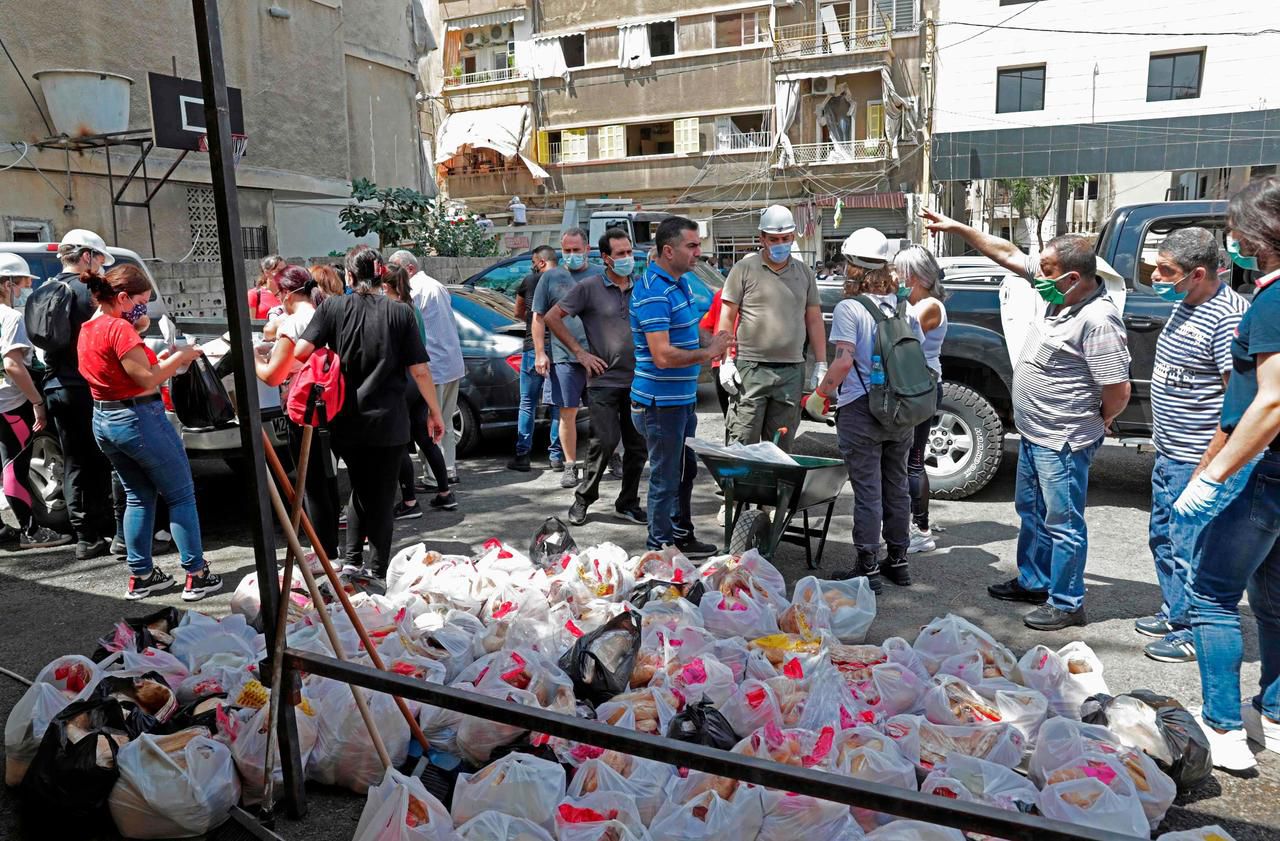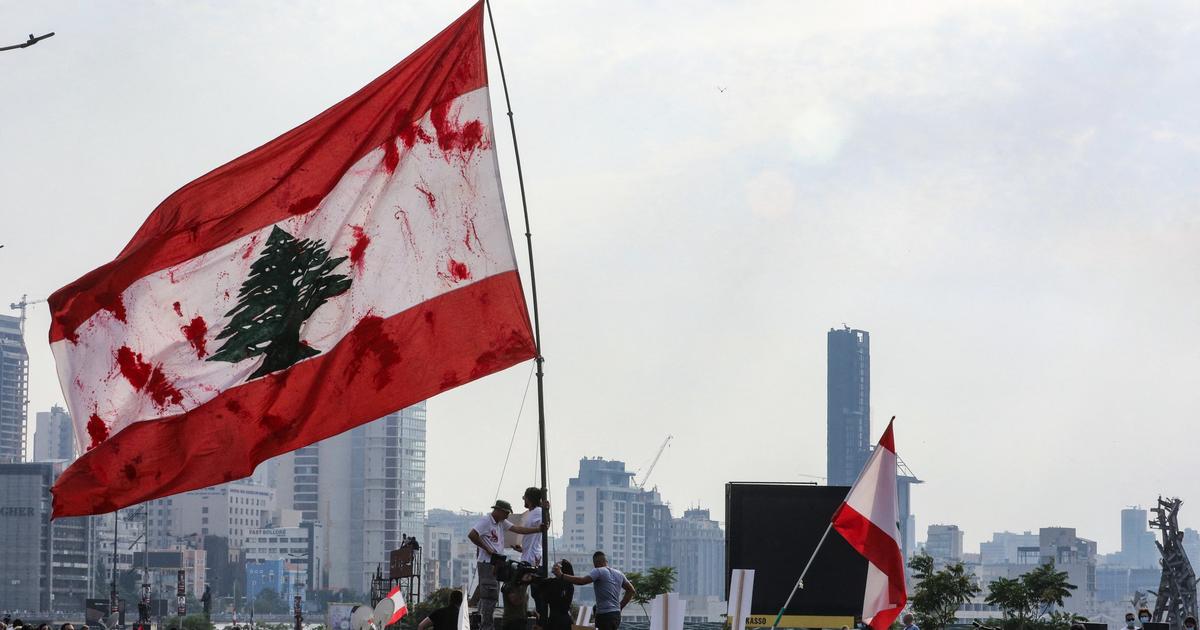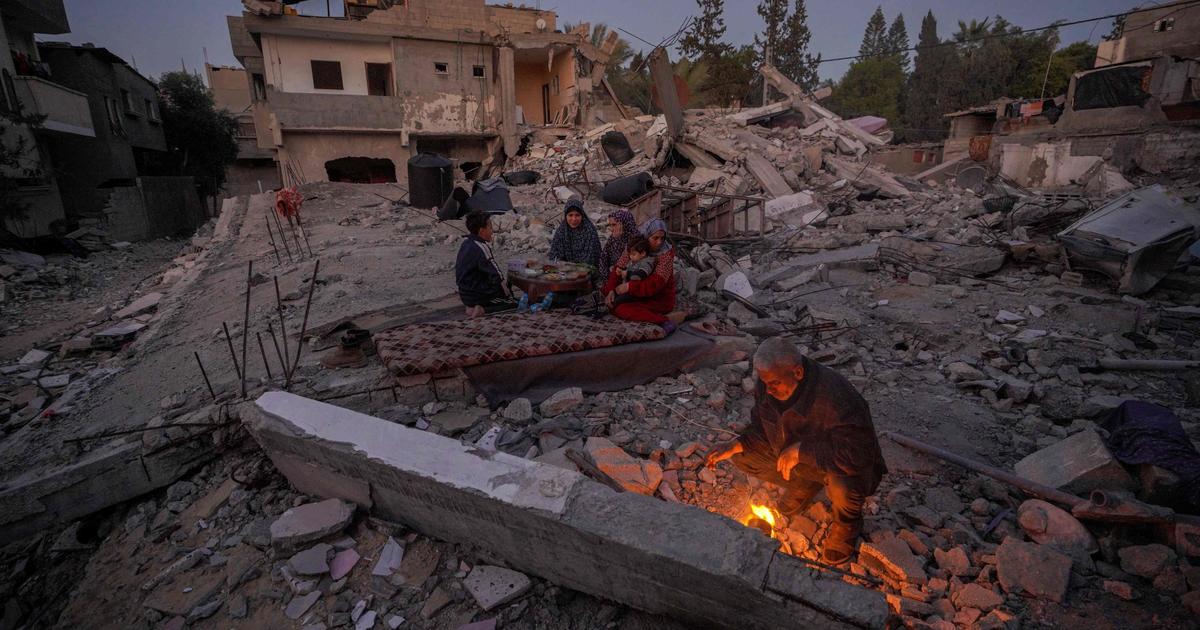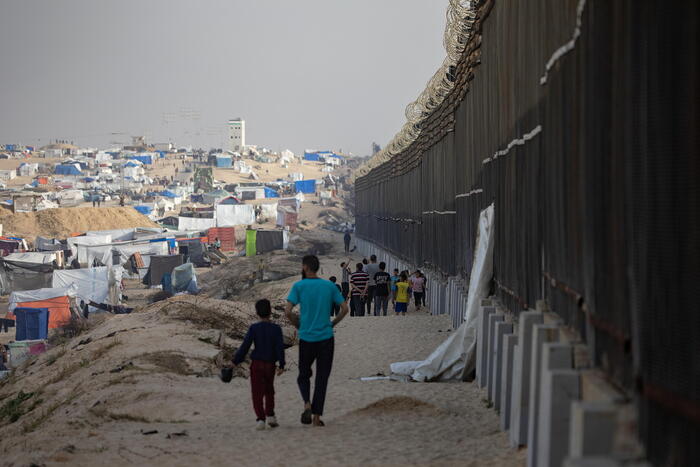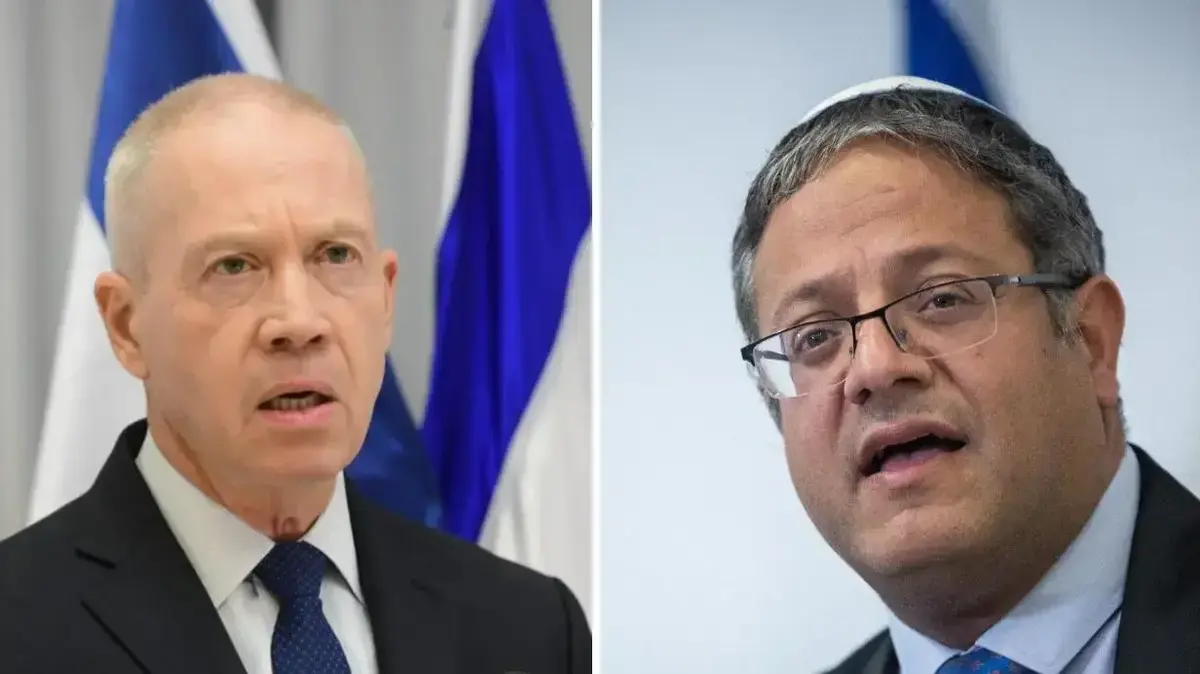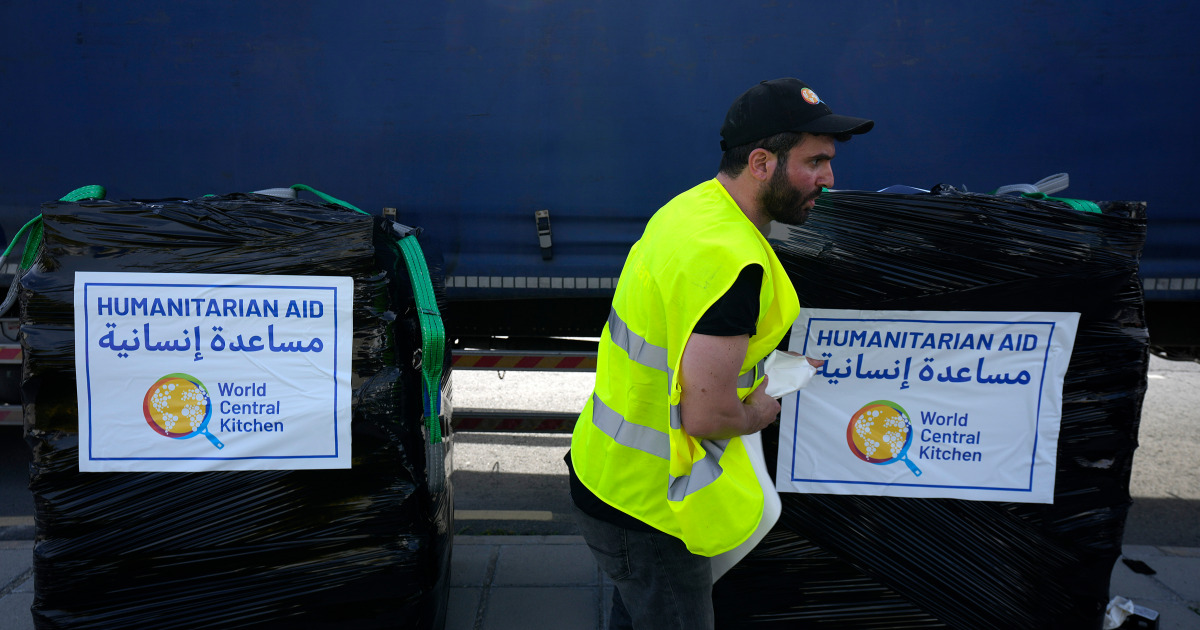Over 250 million euros to help Beirut rebuild. Gathered virtually on Sunday by France and the UN, during the international conference of support for Lebanon, the thirty heads of state or government, ministers and heads of major international organizations have multiplied pledges of donations and messages of solidarity .
In total, 252.7 million euros - a figure set to change - immediate or short-term aid was collected to help the victims of the huge explosion of August 4 which left at least 158 dead, 6000 injured, dozens of missing and hundreds of thousands of homeless.
Who will receive the promised money? How will it be distributed? Under what control, while the Lebanese population accuses the authorities of corruption and the country is looking for a new government? We take stock.
Who are the funders?
Among the donors who have announced their support for Lebanon are the European Commission with 68 million euros; France with 30 million euros; Qatar (€ 42 million); Kuwait ($ 34 million). After announcing on Sunday an aid of 5 million Canadian dollars, Prime Minister Justin Trudeau said on Monday that 25 million would be added (a total of 19 million euros).
Germany will add ten million euros to the 1.5 already committed. Switzerland has said it will give 4 million Swiss francs (3.7 million euros) in direct aid. The country has already donated 500,000 francs (465,000 euros) to the Lebanese Red Cross and has dispatched disaster specialists, engineers and logisticians to Beirut.
The UK has pledged an additional £ 20million (€ 22million). This is in addition to the 5 million pounds (5.5 million euros) already offered. The United States, already engaged in the field, have not made any quantified pledge.
In addition, the United Nations Organization tells us that it will launch a "flash appeal" on Friday, in which it will indicate the total estimate of the emergency aid needed for Lebanon.
Who will receive the money?
The participants expressed their mistrust vis-à-vis a Lebanese political class boasted by the population, which denounces its corruption while Lebanon is already in a critical economic situation. They thus agreed that their assistance should be coordinated under the aegis of the United Nations.
Newsletter - Most of the news
Every morning, the news seen by Le ParisienI'm registering
Your email address is collected by Le Parisien to enable you to receive our news and commercial offers. Learn more
Aid should therefore reach various UN agencies, non-governmental organizations, as well as international non-governmental organizations.
"It is important that this aid can go as quickly as possible to public and private actors, to non-governmental actors, to civil society, taking into account its needs which have already been assessed," Emmanuel Macron recalled during the conference. .
How will the aid be distributed?
NGOs must submit a project for a fixed period to a donor. “Throughout the process, there are constant meetings between donors and organizations,” says Elisabeth Byrs of the World Food Program (WFP). The UN Office for the Coordination of Humanitarian Affairs acts as the general coordinator. "If there is a lack of resources in a sector, it will draw our attention to it", cites the spokesperson for the PAM as an example.
"Out of these 250 million euros, we hope to obtain a million," explains the Parisian NGO Première Urgence Internationale, which has been working in Lebanon for more than twenty years. Thanks to this sum, we could act on six or seven different themes (emergency care, provision of equipment, social protection, etc.) for six months. "
Due to the urgency of the situation, the proceedings should be accelerated. "Within one to two weeks, we should have an answer for this source of help," said the organization. It's pretty fast. Normally, the schedule is much longer and spans several months. "
How will it be controlled?
"It is important that the principle of transparency be applied, that all information concerning the money circuit be published," recalls Julien Courson, executive director of the Lebanese Transparency Association (Transparency international in Lebanon), contacted by Le Parisien. LTA is in discussions with the World Bank to establish an anti-corruption strategy, he said.
The NGO is also setting up, with other organizations in Lebanon, "a local pressure group to ensure that aid is effective".
What are the priority sectors?
This international emergency aid is based on four priorities: health, food for the Lebanese - which largely went through the port of Beirut - the rehabilitation of affected schools and that of damaged housing.
“Just for health, there are many different aspects to work on, notes Première urgence internationale. The rehabilitation of hospitals, psychological support, medical equipment, drugs, individual protection against Covid-19 ... We do not wait for funds to act, but we are counting on them to carry out our actions in the long term. "
On the food side, WFP estimates it needs US $ 235 million for immediate aid, logistics and supplies. “We are going to increase our cash transfer and emergency assistance projects (sending food parcels). We must be able to feed 50,000 people in Lebanon for six months, ”explains Elisabeth Byrs.
“For the logistics and supply chain part, we plan to send flour reserves for three months, while the port is under construction. The explosion indeed destroyed a large part of Beirut's wheat reserves.
Will other aid be released?
"We thank the donors who give generously and we ask them to continue the effort because the crises increase", continues the spokesperson for the WFP. "The extent of the damage is enormous, it will take other donations", agrees Julien Courson.
The time for rebuilding infrastructure will be linked, just like the international aid of 11.6 billion dollars promised in 2018 - and not paid to date - to the implementation of far-reaching reforms, which have so far remained unfulfilled. dead despite recurring commitments from the Lebanese authorities.
“These reforms will unlock billions of dollars for the Lebanese people. It is time for Lebanese leaders to act with determination, ”said Managing Director of the International Monetary Fund (IMF), Kristalina Georgieva, on Sunday.
"The conference participants are ready to support Lebanon's economic and financial recovery, which requires, as part of a stabilization strategy, that the Lebanese authorities fully commit to the urgent and substantive reforms expected the Lebanese people, ”the Elysee said in a statement.

